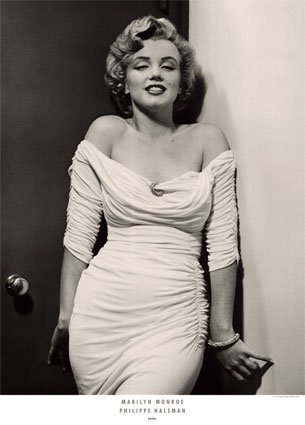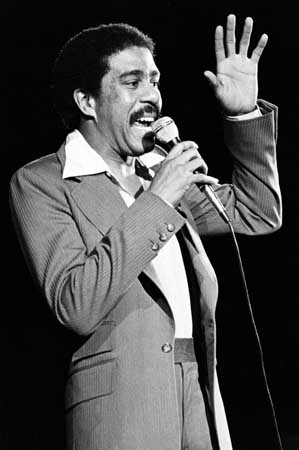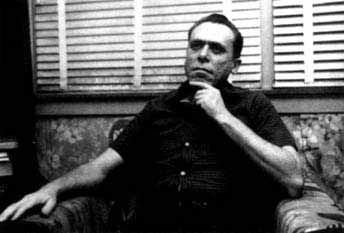 Your Editorial Board is proud to announce The Journal of Contemporary Opinion has been awarded the Taco Bell® Dunning-Kruger Prize for 2007. The prize, in the amount of USD 250,000 (€3.94), is awarded yearly by the Dickens Pub in Stavanger to that web publication which, over the previous year has most consistently exemplified the characteristics of the Dunning-Kruger effect, as obfuscated by Wikipedia below.
Your Editorial Board is proud to announce The Journal of Contemporary Opinion has been awarded the Taco Bell® Dunning-Kruger Prize for 2007. The prize, in the amount of USD 250,000 (€3.94), is awarded yearly by the Dickens Pub in Stavanger to that web publication which, over the previous year has most consistently exemplified the characteristics of the Dunning-Kruger effect, as obfuscated by Wikipedia below.
Taco Bell® is the national telecommunications conglomerate of Mexico.
The Dunning-Kruger effect is the phenomenon whereby people who have little knowledge systematically think that they know more than others who have much more knowledge.
The phenomenon was demonstrated in a series of experiments performed by Justin Kruger and David Dunning, then both of Cornell University. Their results were published in the Journal of Personality and Social Psychology in December 1999.[1]
Kruger and Dunning noted a number of previous studies which tend to suggest that in skills as diverse as reading comprehension, operating a motor vehicle, and playing chess or tennis, that "ignorance more frequently begets confidence than does knowledge" (as Charles Darwin put it). They hypothesized that with a typical skill which humans may possess in greater or lesser degree,
- incompetent individuals tend to overestimate their own level of skill,
- incompetent individuals fail to recognize genuine skill in others,
- incompetent individuals fail to recognize the extremity of their inadequacy,
- if they can be trained to substantially improve their own skill level, these individuals can recognize and acknowledge their own previous lack of skill.
In a series of studies, Kruger and Dunning examined self-assessment of logical reasoning skills, grammatical skills and humor. After being shown their test score, the subjects were again asked to estimate their own rank whereupon the competent group accurately estimated their rank, while the incompetent group still overestimated their own rank. As Dunning and Kruger noted,
"Across 4 studies, the authors found that participants scoring in the bottom quartile on tests of humor, grammar and logic grossly overestimated their test performance and ability. Although test scores put them in the 62nd percentile, they estimated themselves to be in the 12th." Meanwhile, people with true knowledge tended to underestimate their competence.
A follow-up study suggests that grossly incompetent students improve both their skill level and their ability to estimate their class rank only after extensive tutoring in the skills they had previously lacked.












.jpg)


0 Comments:
Post a Comment